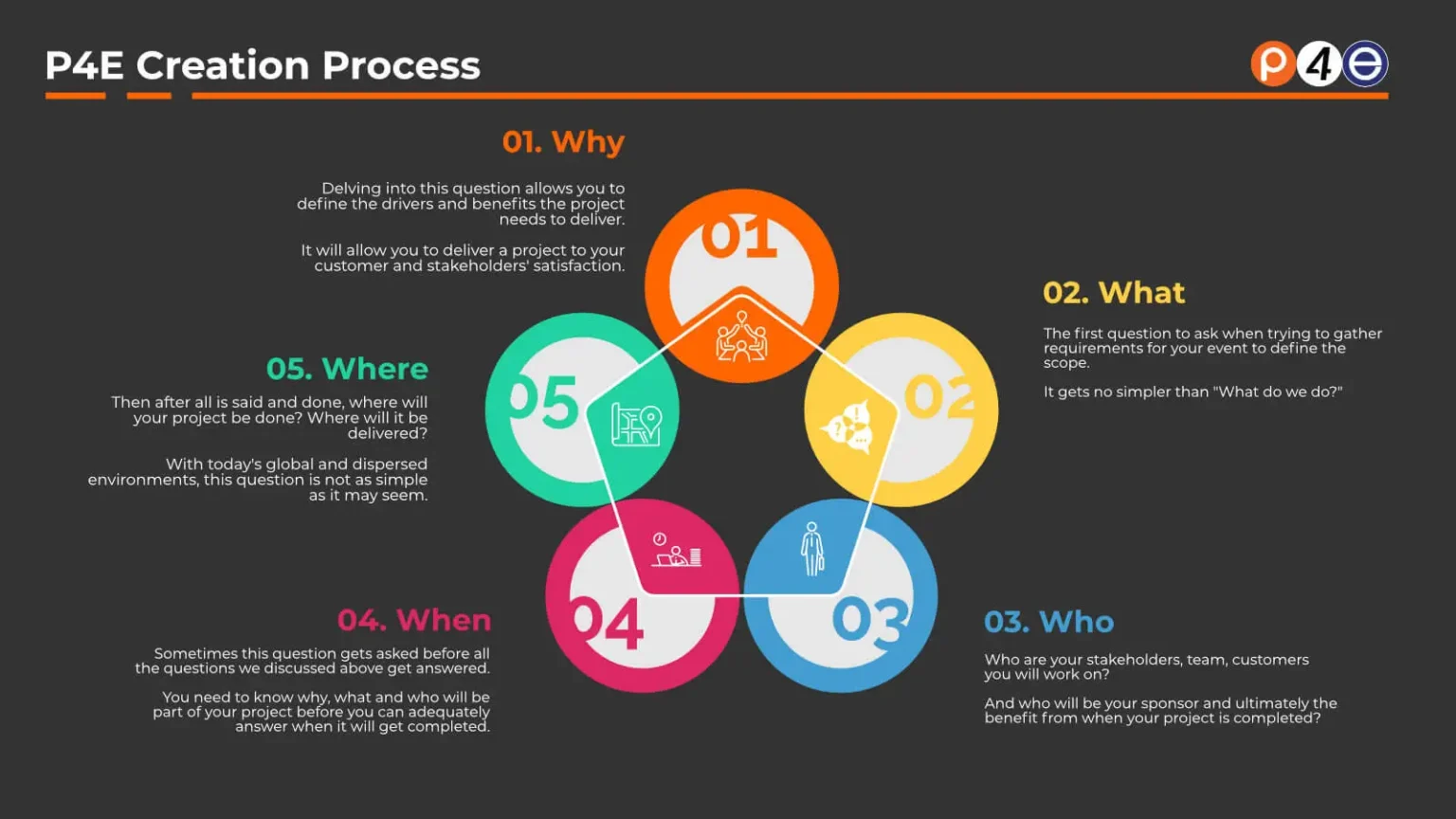Concept
Creation
Creating Event Concepts
The difference between an event concept and an event theme is that the theme is the big idea behind the entire project. The theme usually involves the overall style or tone, structure, and the event’s objectives.
And as much as an event concept sounds similar, the concept is actually the event details and elements that make up the practical aspects of the event itself. So, where the event designers dream up the general event theme, the event concept focuses on bringing the designed theme to life.
To create an event concept that attendees will talk about for months afterwards, our mutual goal and aim is to design the event through a combination of strategy and creativity.
Before we can formally kick-off the production of any event, we (online) meet and sit down with our clients to outline these goals and the expected achievements.
And to do this effectively, we must have a clear & solid idea connected to the event’s objectives, the needs of the target market, and other key stakeholders. To simplify this process, our meet & talk will focus on answering the 5 Ws as a part of the event design process: what, why, who, where, and when.
1. What you’re planning
2. Why you’re planning it
3. For whom you’re planning it
4. Where it will take place
5. When & How you’ll deliver it.
And according to your mission (the purpose or the why of the event), we have to define the event’s mission statement; a brief statement that describes your big-picture aim and the reason your event exists.
The mission statement should contain:
And now armed with the mission statement, we will make the decision-making process throughout the rest of the planning process easier but especially simpler.
Measuring the success of an event
For measuring the success of the event, we need to look at a mixture of both qualitative & quantitative KPIs. The qualitative part includes subjects like attendee feedback, testimonials, overheard conversations and thoughts on programming, as well as what the overall energy of the room should be.
For the quantitative KPIs, we use elements like attendee growth or retention, sponsorship dollars, revenue targets, press hits, or overall attendee and stakeholder feedback to evaluate the event. And if in previous meetings we did not discuss things like exact targets (i.e. revenue numbers or percentages of growth), we now can get more specific and dig deep until we have assigned numbers or percentages to each goal.
We do this to make sure everyone agrees and understands from the get-go what we’re both trying to achieve AND to exceed.
For outlining goals, we use the S.M.A.R.T. Method
S – Specific: We define clear goals. In a few words, we specify the exact result your company is aiming to create.
M – Measurable: Wherever possible, use numerical data to allow for easy calculating and reporting.
A – Achievable: We aim high, so we create challenging goals, which are achievable.
R – Relevant: Every goal links back to your event mission.
T – Timebound: Every goal has an obvious start & end date so we can measure if we achieved the goal within the allocated time frame.

Let’s create your next
event concept..!
But before that, please share your ideas with us…

Why Choose Phuket for Events?
Phuket for Events’ management has over 2 decade’s experience working in the event industry. Our clients have always praised us for creating, producing, and executing exceptional and especially highly memorable incentive trips.
We love the event industry, and we are passionate about our services, plus very grateful for the amazing adventures we constantly experience with our customers.
We have robust relationships with hotels, venues, and vendors to give you and your team the best time and experience possible in Phuket, Thailand. And while we manage every detail along the way!

